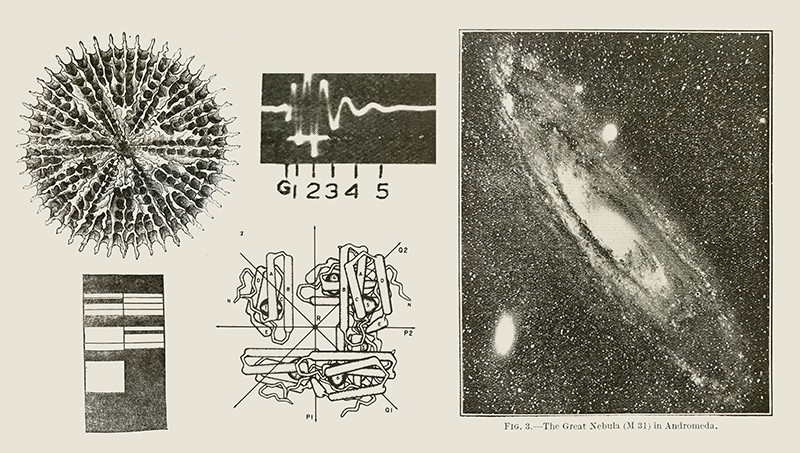50 Years Ago
If anyone doubted that pollution has now usurped the place of original sin in the public consciousness, he has only to read the diatribes of one of the more colourful of contemporary prophets, Professor Ernest Sternglass. Like Moses calling down the death of the Egyptian firstborn, Professor Sternglass is convinced beyond all reasonable doubt that the fall-out from nuclear testing has caused the death of sometimes 400,000 and sometimes two million children in the United States … People such as Professor Sternglass should perhaps ask themselves exactly what cause they are serving when they simplify a complex issue and present it in emotive terms … It is little wonder that if people of the undoubted ability and conviction of Professor Sternglass go around in girt-up loincloths prophesying fire and brimstone in advance of the basic facts being agreed upon, some of the bystanders will think men of science strange and dangerous.
From Nature 31 January 1970
100 Years Ago
Prof. Duerden’s letter in Nature of January 15 might by its phrasing lead to the supposition that a few persons only are agitating for a novel Bill to prohibit the importation of plumage. The trade has been keenly opposed by all naturalists, not only in Great Britain, but also in the United States, Canada, Australia, and nearly every country in Europe for many years … Prof. Duerden has “grave doubts” whether the “ruthless destruction of birds” for trade can best be prevented by discouraging or prohibiting that trade. It is open to him to suggest a better way. The proposition that birds-of-paradise, lyre-birds, egrets, herons, trogons, orioles, terns, kingfishers, and all the rest of the feather-traders’ victims, from albatross to humming-bird, might be “farmed” after the manner of the flightless ostrich, and plucked or killed for the market “in conformity with the highest humane demands,” may be of interest to aviculturists; it has no practical bearing on the question of to-day. What science and humanity alike demand is immediate action to save the birds of the world from the ruthless and stupendous slaughter on which the trade now lives.
From Nature 29 January 1920
Source: Ecology - nature.com





